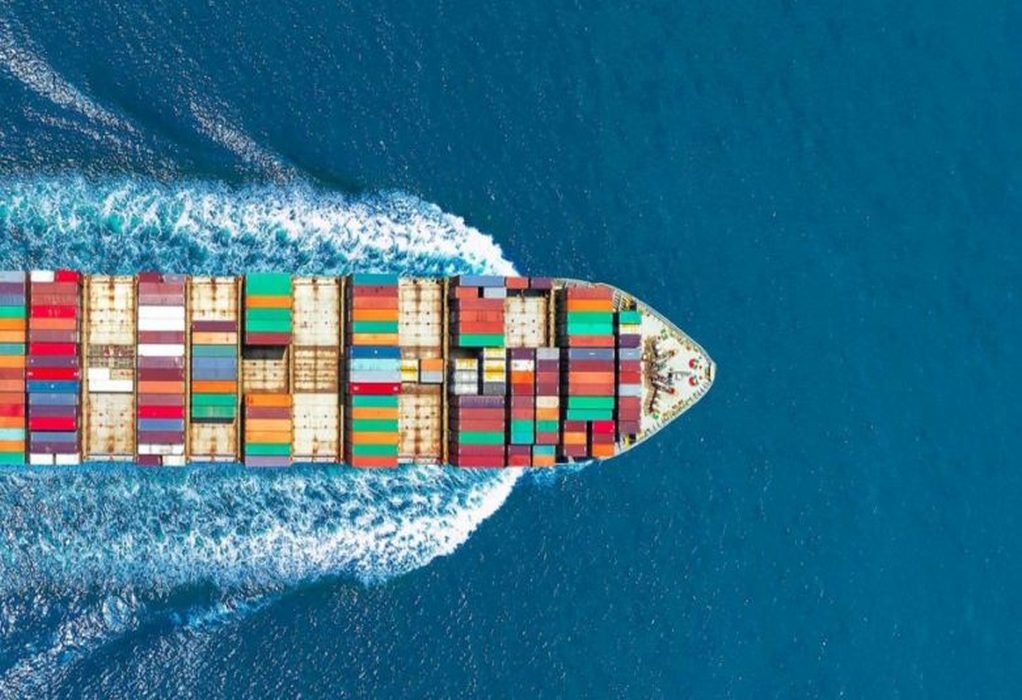The US Maritime Administration (MARAD) has launched a 16-month study exploring low-carbon options for shipping on the Great Lakes. The research group, led by the International Council on Clean Transportation (ICCT) in partnership with the American Bureau of Shipping (ABS) and the Conference of Great Lakes and St. Lawrence Governors & Premiers (GSGP), will assess the suitability of alternative fuels and power options.
The researchers will develop a detailed profile of Great Lakes fleets, ports and fueling infrastructure. The project will also summarise pertinent domestic and international environmental regulations that will influence the uptake of relevant technologies.
The US-Canadian Great Lakes-St. Lawrence Seaway System extends more than 2,000 miles and contains more than 110 ports.
Tags: Alternative Fuels, Great Lake, Low-Carbon, Shipping, US MARAD



Recent Posts
New Report Highlights Potential of Voluntary Insetting to Support Maritime Decarbonisation, Calls for Robust Safeguards
Smart Ship Hub achieves industry first with ABS emission reporting
Henkel Rolls Out India’s First Mid-Haul Re-Powered Electric Trucks for Commercial Logistics
Sustainability in Focus at 11th SIAM Automotive Logistics Conclave in New Delhi
L&T Energy GreenTech to Establish India’s Largest Green Hydrogen Plant
JK Srivastava Group and Hynfra Announce $4 Billion Green Ammonia Project in Andhra Pradesh
Andhra Pradesh Unveils Ambitious Green Hydrogen Valley Plan to Lead India’s Energy Transition
South Africa advances plans to decarbonize shipping sector